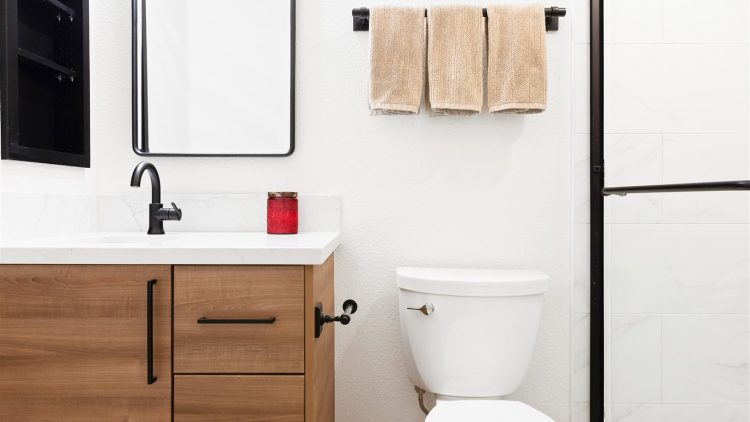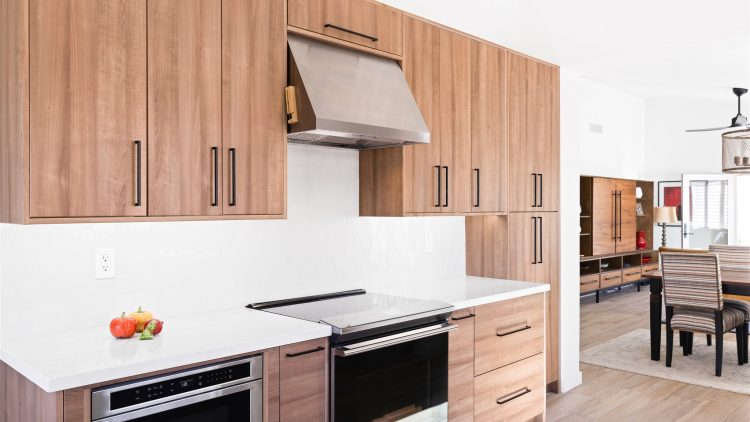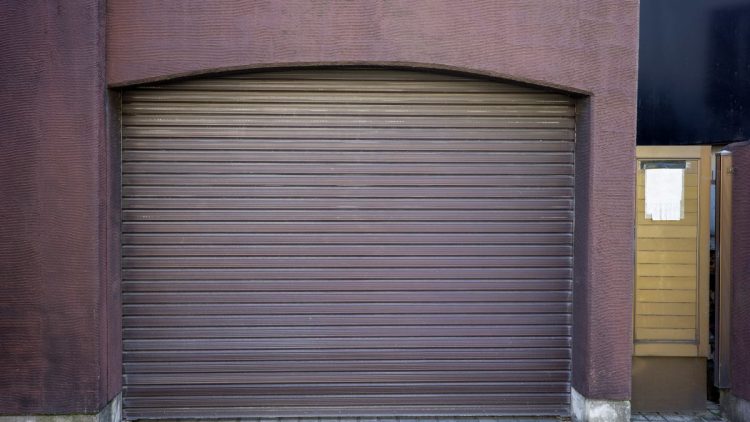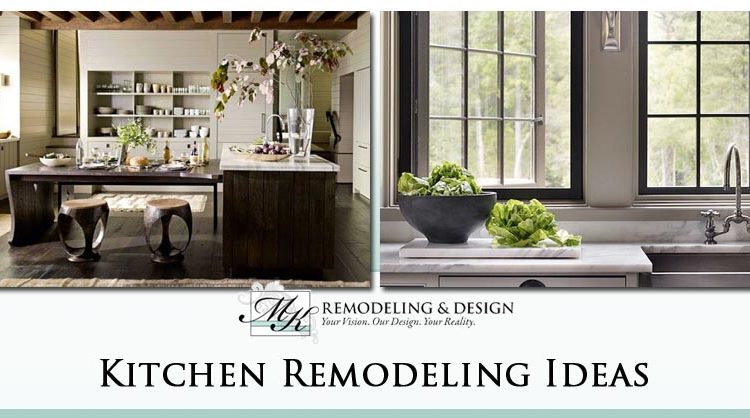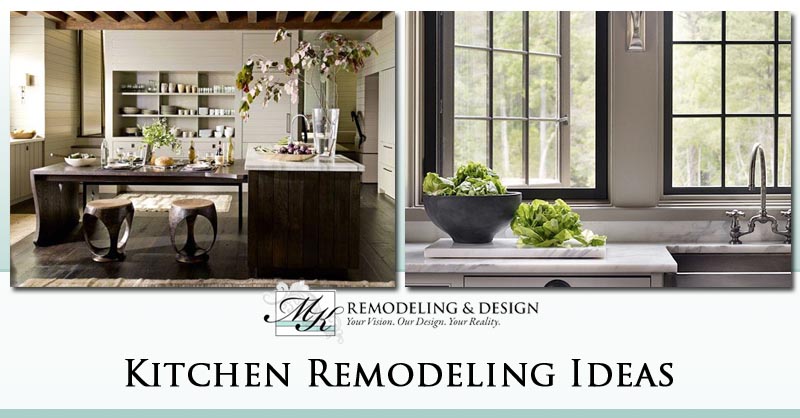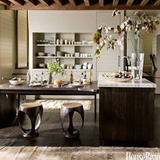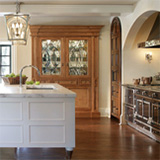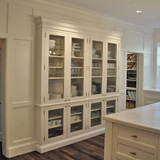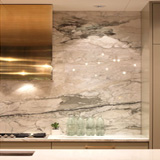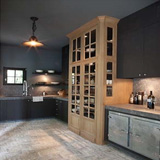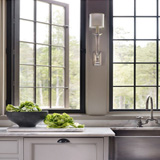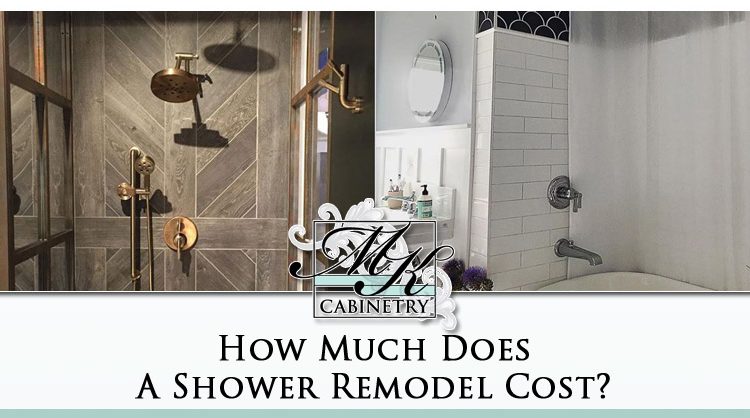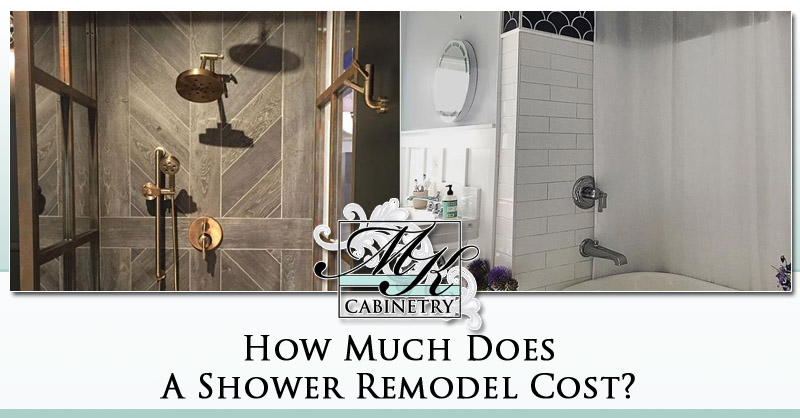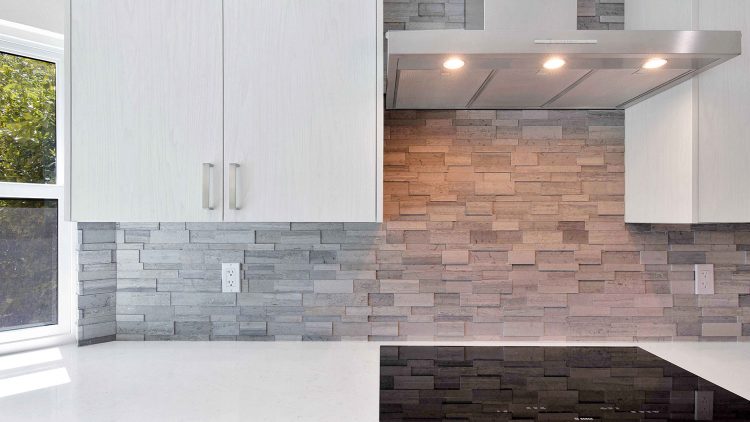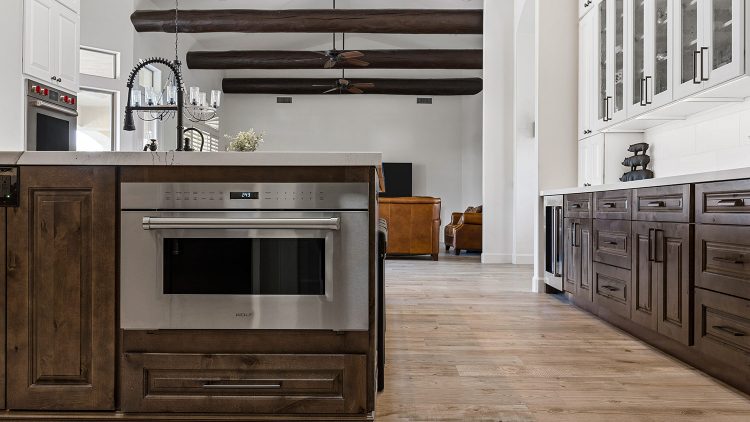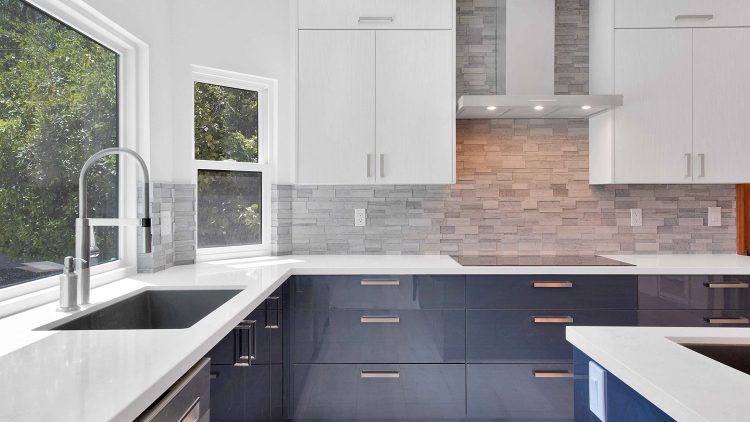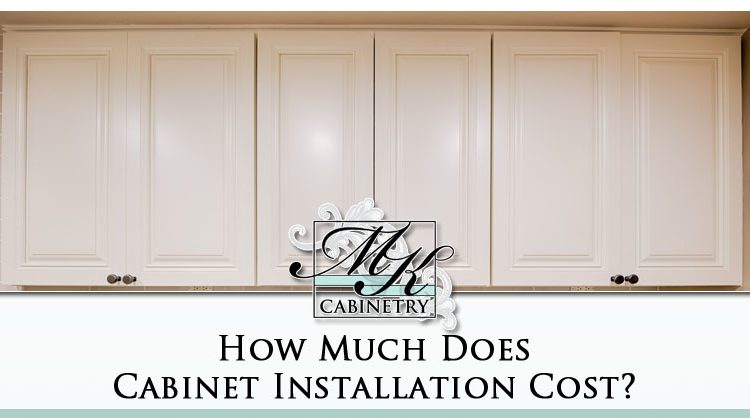Master Bathroom Remodel Costs 2026
One of the best home improvements you can make is to redesign your master bathroom. It makes your home more comfortable every day, raises its worth, and gives you a room that really feels peaceful and useful. In 2026, the cost of remodeling is still going up because materials are getting more expensive, there is more demand for experienced workers, and homeowners’ demands for design and quality are rising. The good news is that a master bathroom makeover may accommodate a lot of different budgets if you prepare ahead.
This is what people who want to remodel their master bathroom in 2026 should plan for.
Average Master Bathroom Remodel Costs in 2026
The cost of a typical master bathroom redesign in 2026 is between $18,000 and $45,000. This depends on the size of the room, the materials used, and the amount of work that needs to be done.
• Basic remodels usually cost between $18,000 and $25,000 and can include new fixtures, new flooring, a new vanity, new paint, and better lighting.
• Mid-range remodels cost between $25,000 and $35,000 and usually feature a bespoke shower, tile surrounds, more storage, better ventilation, and new worktops.
• High-end remodels can cost $40,000 to $45,000 or more. They may include walk-in showers with frameless glass, freestanding tubs, heated flooring, high-end tile, and bespoke cabinets.
The quality of the materials you choose and how much you adjust the arrangement will have a big impact on the ultimate cost.
What Factors Affect the Price?
In 2026, the cost of upgrading a master bathroom will be affected by a number of important factors:
• Size of the bathroom: Bigger facilities need more materials and labor. • Changes to plumbing and electrical: Moving fixtures costs more. • Material choices: Tile, stone, and custom cabinetry cost more.
• Labor and skill—skilled workers make sure that the work lasts
Even modest improvements can add up, and they also make things last longer and look better when you sell them.
Is a Master Bathroom Remodel Worth It?
Yes, for a lot of homeowners. A well-planned makeover of the master bathroom can provide you a 60% to 70% return on your investment, as well as make your everyday life more comfortable and productive. New layouts, fixtures that save water, and better lighting make the room more useful and pleasurable for years to come.
Making Plans for Success
A clear plan is the first step to a great makeover. Knowing what you want, such a nicer shower, more storage, or easier access, helps you keep expenses down and avoid surprises during construction.
Time To Scrub Up!
MK Remodeling can help you make your dream master bathroom a reality in 2026. Our skilled team works directly with clients to create attractive, useful bathrooms that will last. Call MK Remodeling today to set up a meeting and get a thorough quote for a master bathroom makeover that fits your property.
Keywords: master bathroom remodel costs 2026, bathroom remodeling contractors, custom bathroom renovation, master bathroom renovation cost, home remodeling services
GET A SHOWER REMODELING QUOTE IN MESA TODAY!
Thinking about remodeling your shower in Mesa, Arizona. MK Remodeling offers professional and affordable shower remodeling services in many areas of the Phoenix, Arizona valley including Mesa, Arizona.

